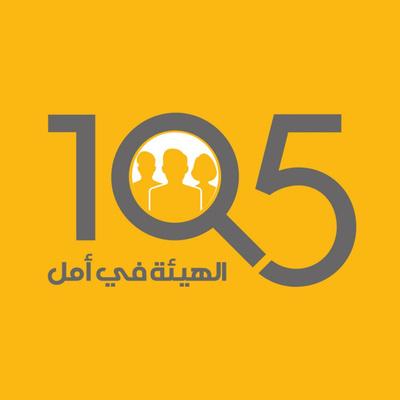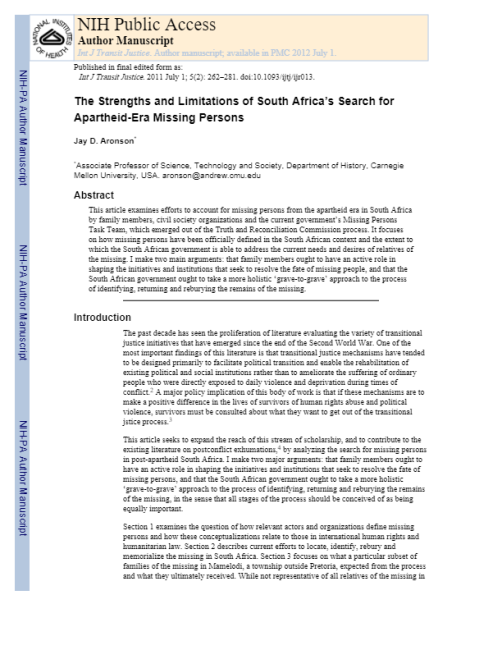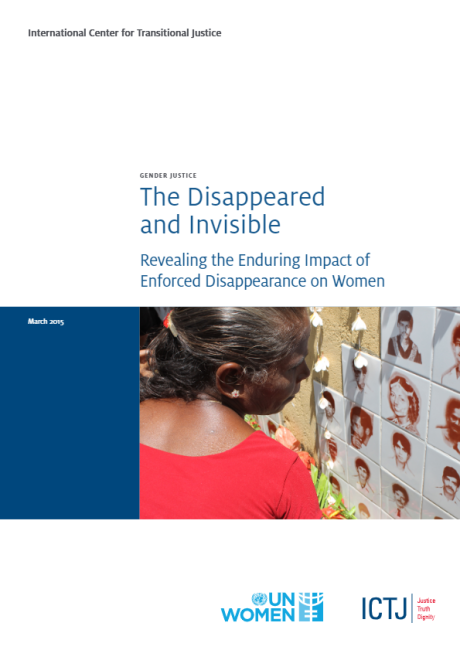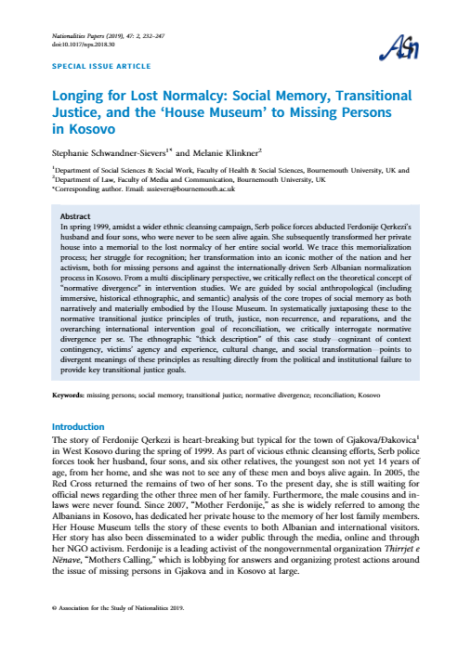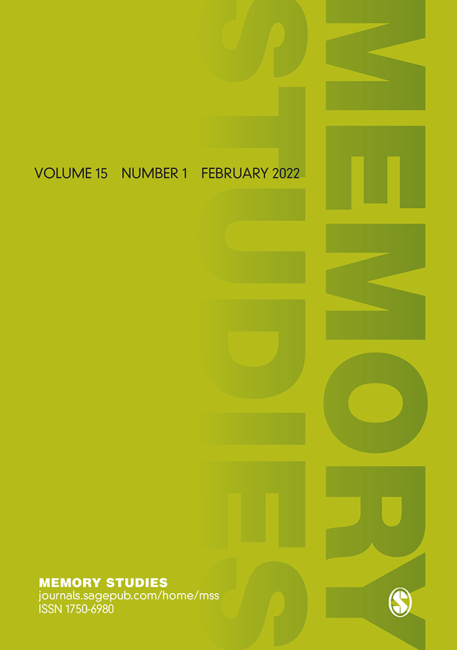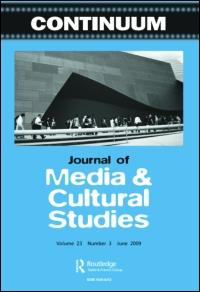
Dictatorship memories: Working through trauma in Chilean post-dictatorship documentary
This essay discusses the representation of traumatic memory in Chilean post-dictatorship documentary. It argues that Chilean political memory documentaries of the post-dictatorship period, beyond their necessary depiction of the traumas and suffering of victims and survivors, consistently reveal productive attributes of life under dictatorship, such as the people's creative capacities of agency, resilience and imagination. In order to illustrate this proposition the essay offers an encompassing critical review of post-dictatorship documentaries directed by Chileans both in Chile and abroad between 1990 and 2007, focusing in particular on the films' representation of strategies of working through that counterbalance the acting out of suffering and damage that is characteristic of trauma cinema.


